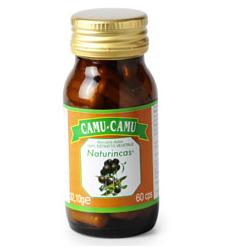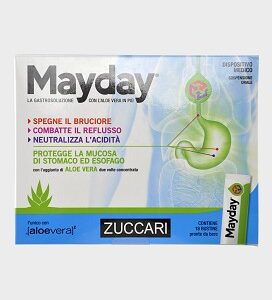Description
All the magnesium you need.
Magnesium is a mineral involved in over 300 chemical reactions ranging from energy production to DNA / RNA synthesis and muscle contraction. Almost 90% of the magnesium content of the human body is concentrated in the skeleton and voluntary muscles. Some studies have reported increases in total and free testosterone following at least four weeks of magnesium intake. From a seven-week study, subjects who took magnesium supplements showed an increase in strength compared to that seen in the placebo group.
The most useful form of magnesium for athletes
Glycomag 19 is a supplement based on magnesium glycerophosphate; a bond between magnesium and glycerophosphoric acid (glycerol and phosphates).
This link allows a better transmission and propagation of nerve activations, therefore with a positive activity also at the level of muscle contraction, but keeping active all the prerogatives linked to magnesium regarding metabolism and concentration. In particular, glycerophosphoric acid is given by the union between glycerin and phosphoric acid, a bond that optimizes the organic bonds of phosphorus.
At a sporting level, there is therefore a booster on energy capacity which is reflected in the charging speed of the CP and therefore of the ATP.
It is indicative that low levels of phosphates tend to be associated with low levels of magnesium and glycerophosphoric acid. In the field of performance, this means having maximum energy availability at the start of the competition and slowing down the impoverishment, allowing the best resynthesis at the same time.
The action of magnesium glycerophosphate exerts both an energetic and neurogenic action
Glycerol is a molecule composed of three alcohols that performs multiple functions. In the field of sport and performance, its use is energetic (the molecule can be converted into glucose through hepatic transformation) but it is especially appreciated for its osmosis action oriented towards cellular hydration, a very important situation for maintaining performance (both muscular and nervosa) especially when dealing with endurance-related performances.
Phosphates are from the cell mainly as a component of nucleic acids and phospholipids. in the sports field and high-energy phosphates are the basis of performance and metabolic cycles; the same cp is a link between phosphorus and creatine and the vital energy of ATP is adenosine tri phosphate. The bond called 2,3-diphosphoglycerate seems to play a positive role in the use of oxygen, helping to improve high intensity and medium-long duration metabolisms. The phosphate salts are also used to improve resistance and counteract acidosis.
Science
Magnesium, participating in over 300 enzymatic reactions of the body, in particular in processes related to energy production, plays a role of primary importance in neurochemical transmission, in the protein synthesis, in the regulation of carbohydrate metabolism, nucleic acids and, in synergy with calcium and vitamin D, influences bone metabolism.
Magnesium is contained in numerous foods, which is why deficiencies have rarely been found in healthy individuals. absorption of magnesium occurs mainly in the ileum and to a lesser extent in the colon.
At low levels of intake, absorption occurs through an active transport system, while at higher levels a diffusion mechanism of the paracellular type takes over.
Magnesium has beneficial effects in the following systems:
- Cardiovascular system
- Nervous system
- Immune system
- Osteoarticular system
- Premenstrual syndrome
- Migraine and tension headache
> Magnesium for the sportsman
Magnesium is one of the minerals that is easily eliminated during sports training and intense physical exertion. For this reason its integration can be useful in case of cramps, muscle tremors, allowing to maintain a correct energy balance.
In reality, magnesium has a real ergogenic effect for the athlete, as the improvement of the conduction of the nervous signal, the stabilization of blood pressure and therefore of the electrolyte balance, the improvement of magnesium-dependent energy processes, allow to this mineral to be used in aerobic and anaerobic sports.
| Energy value | 100 g* | dose** | VNR*** |
|---|---|---|---|
| * refer to the product ** 1 scoop (3.6 g) *** Nutritional Reference Values |
|||
| 171,8 kcal 687 kj |
6,18 kcal 24,7 kj |
||
| Magnesium Glycerophosphate of which Magnesium of which Phosphorus |
99,96 g 12,5 g 15,9 g |
3,6 g 450 mg 572 mg |
120% 82 % |
| Vitamin B6 | 40 mg | 1,4 mg | 100% |
Ingredients:
Magnesium glycerophosphate, Vitamin B6.
How to use:
We recommend taking 1 scoop (3.6 g) in 150 ml of water.





